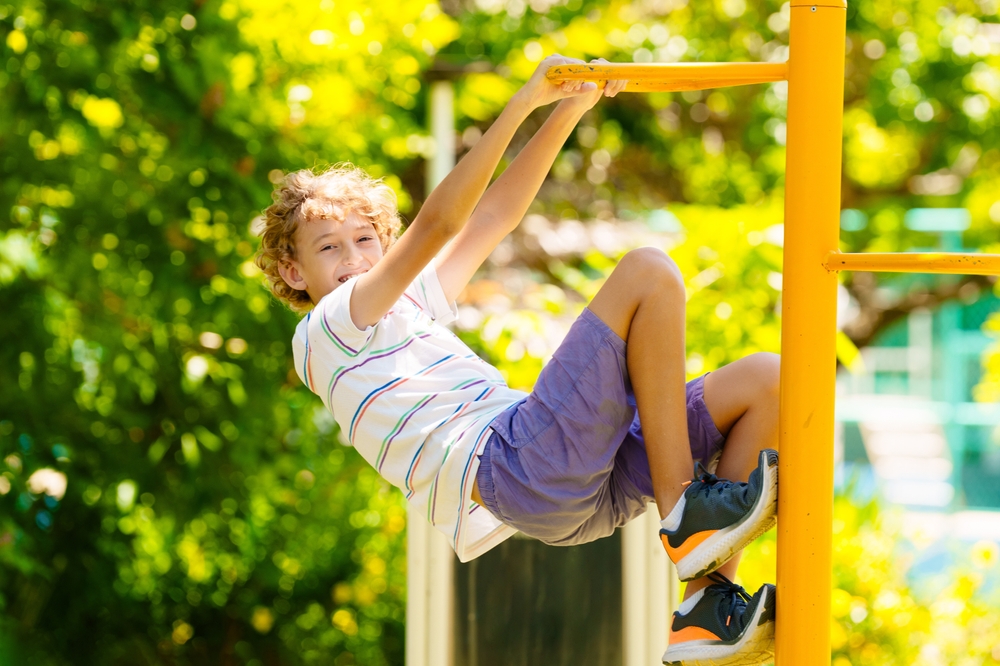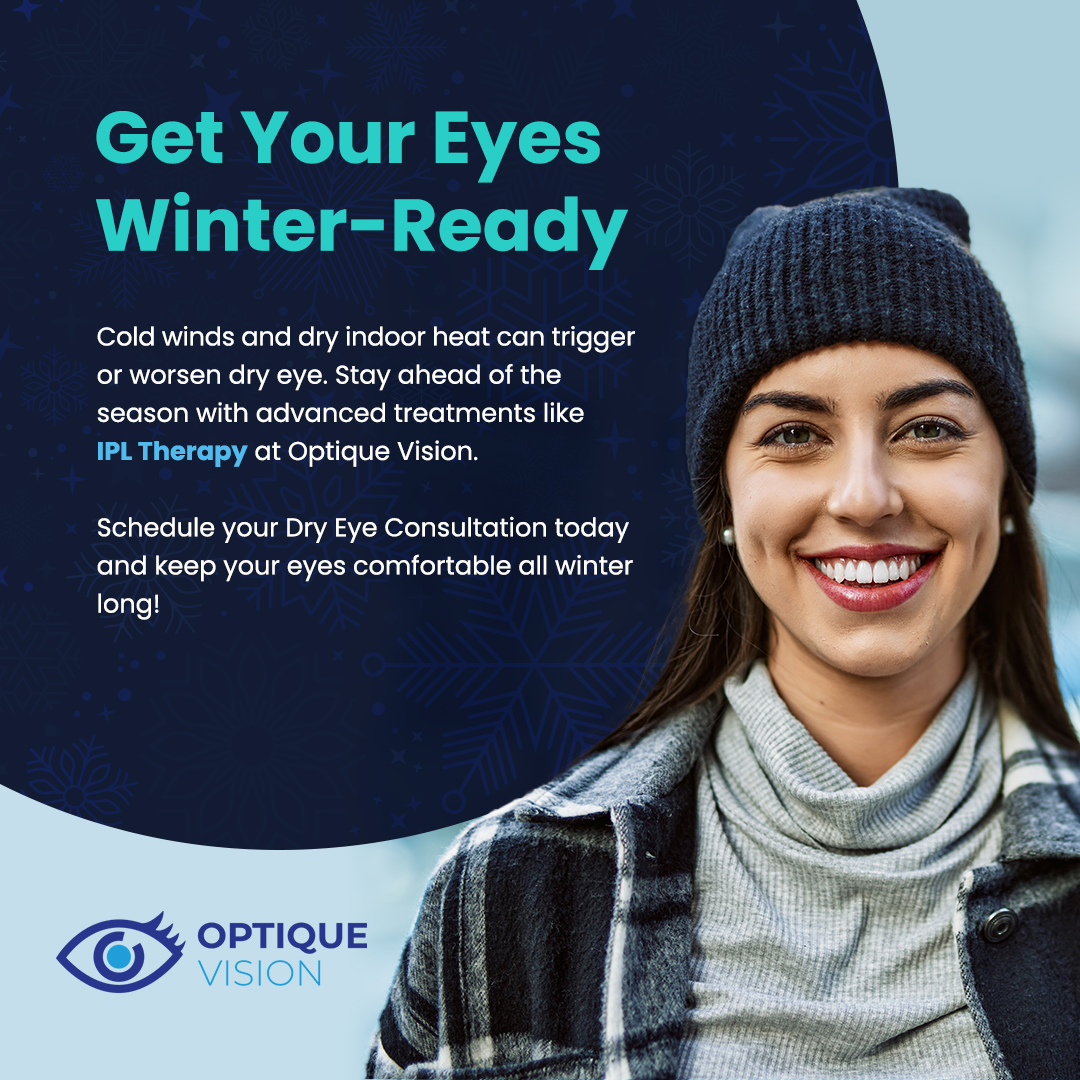
As more children spend their days indoors and in front of screens, concerns about their eye health are growing - particularly when it comes to myopia, or nearsightedness. Parents may wonder what they can do to help protect their child’s vision as they grow. One simple, evidence-based solution is increasing the amount of time kids spend outdoors.
Understanding Myopia Progression
Myopia, commonly known as nearsightedness, is a condition where distant objects appear blurry while close objects remain clear. It occurs when the eyeball grows too long or the cornea is too curved, causing light to focus in front of the retina instead of directly on it. Myopia often develops in school-age children and tends to progress as they grow.
Myopia usually begins in childhood and can worsen through adolescence. Progressive myopia not only makes vision worse over time but also increases the risk of serious eye conditions later in life, such as retinal detachment, glaucoma, and macular degeneration. That’s why early intervention and prevention are so important.
How Outdoor Time Can Help
Research shows that spending more time outdoors can help slow the onset and progression of myopia in children. The exact reasons aren’t fully understood, but natural daylight exposure and looking at distant objects rather than screens or books are believed to play a major role. Outdoor activities encourage the eyes to focus at varying distances and provide bright light conditions, both of which help maintain healthy eye growth.
How Much Outdoor Time Is Recommended?
Experts recommend that children spend at least 2 hours per day outside, ideally every day. This could include playing sports, walking, riding bikes, or simply playing in the yard or park. Regular outdoor time is associated with a lower risk of developing myopia and can slow its progression in children who already have it.
When to Consider Myopia Management Treatment
If your child is already showing signs of myopia or if you have a family history of nearsightedness, it’s important to schedule regular eye exams. In some cases, outdoor time alone may not be enough to control progression. Myopia management options, such as specially designed contact lenses, glasses, or low-dose atropine eye drops, may be recommended to help slow worsening vision.
Get Expert Guidance on Myopia Management
Protecting your child’s vision starts with simple daily habits, and spending time outdoors is one of the most effective ways to promote healthy eyes. By encouraging at least two hours of outdoor activity each day, you can help reduce your child’s risk of developing myopia or slow its progression. Combined with regular eye exams and early intervention when needed, you’ll be setting your child up for a lifetime of healthy sight.
Ready to learn more about myopia prevention and management? Schedule an eye exam at Optique Vision and let our team help protect your child’s vision for the future. Visit our office in Albany, New York, or call (518) 302-2106 today.









